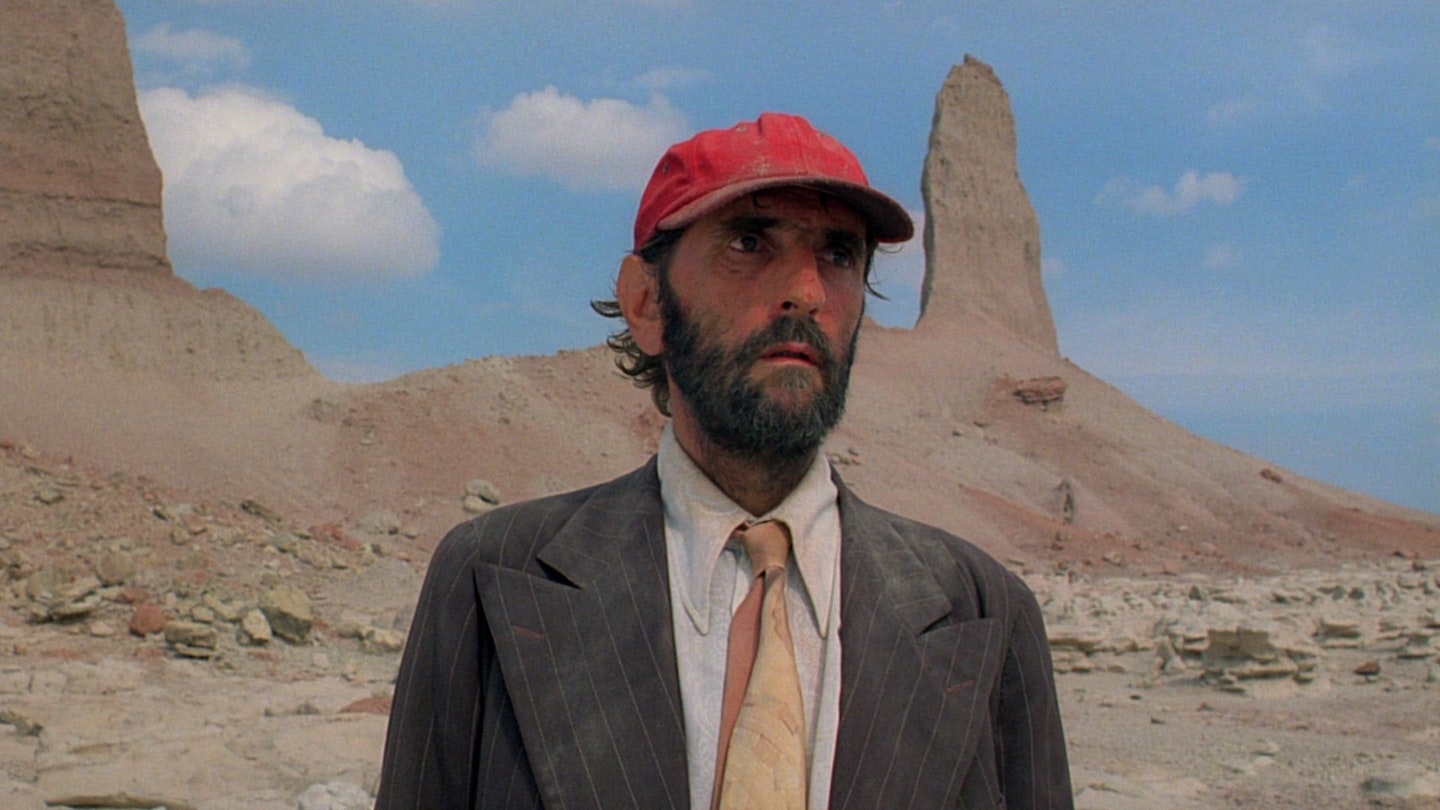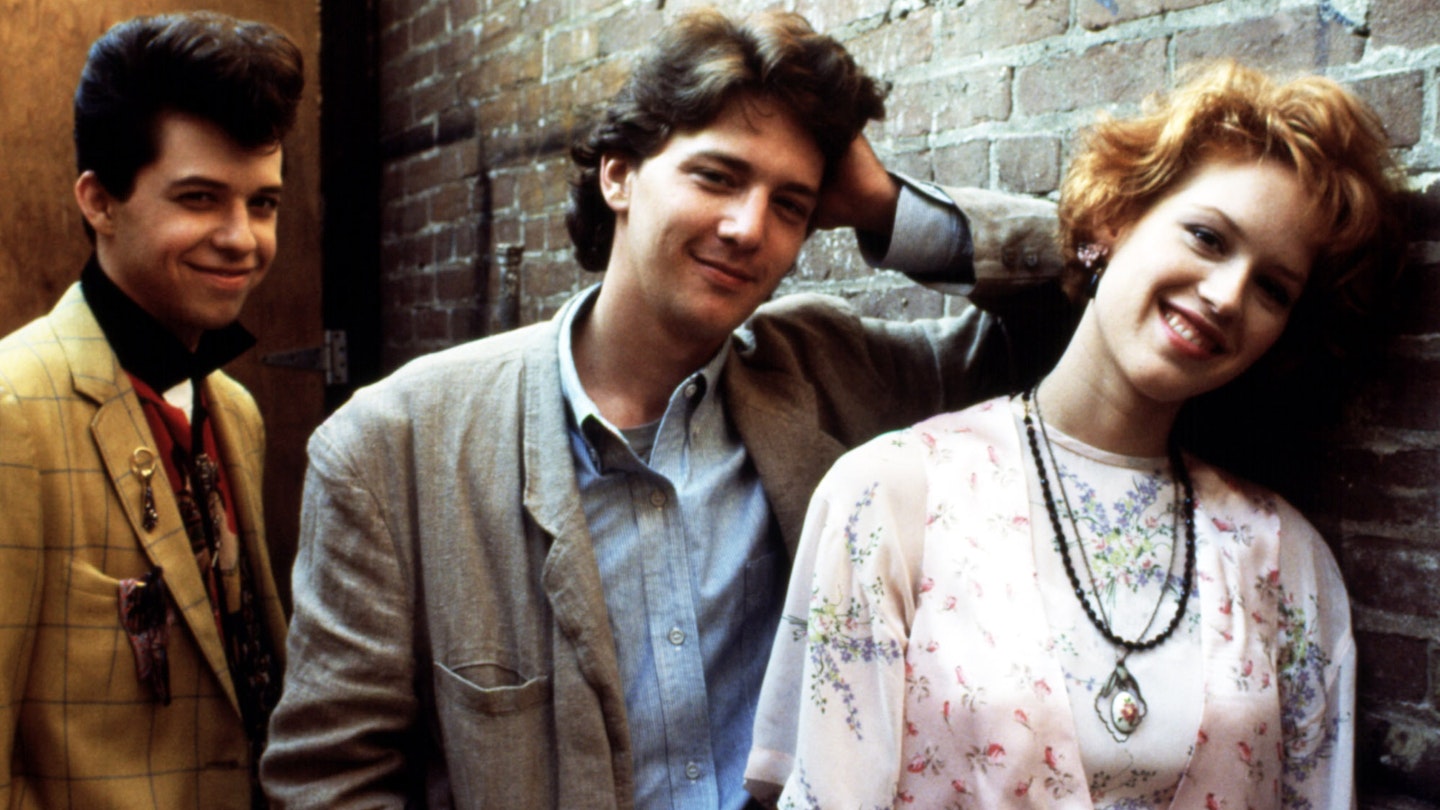Thusly fabled for its hypnotic beauty and poise, a haunting European gaze across the lonely highways of Texas, Win Wenders masterpiece is a road-movie of rare integrity, a film of landscapes both interior and to the limitless horizon. Credit also should go to screenwriter Sam Shepard, an actor and playwright who cuts straight to the psychological and philosophical drift of the feature, a film of elusive arty gestures offset against the very Americanness of its landscape, made ethereal and alien by Wender’s luminous camera.
We learn so little of Travis (a perfectly cast Harry Dean Stanton) as a person, he is found mute and amnesiac in the Texan desert, seven years after walking out on his kin. The reason for his betrayal is the film’s destination, but his enigma remains, an eternal drifter. Little time, or effort, is given to standard movie rules, the plot is secondary to the imagery, but Wenders is not aimless. He is studying the listless nature of America, a shifting world where it is impossible for humans to truly communicate. Face-to-face conversations are nearly absent from the film’s long rumination, scored to the elegiac twang of Ry Cooder’s guitar.
As Travis finally hones in on the tragedy of himself, having abducted his child and located his ex-wife Jane (the lovely Nastassja Kinski), it emerges as a study of grief and separation. Akin, in deep-seated ways to both The Searchers with its eternal quest, and Taxi Driver with its social dislocation, Paris, Texas is one of the great films about America, as directed by a German.


